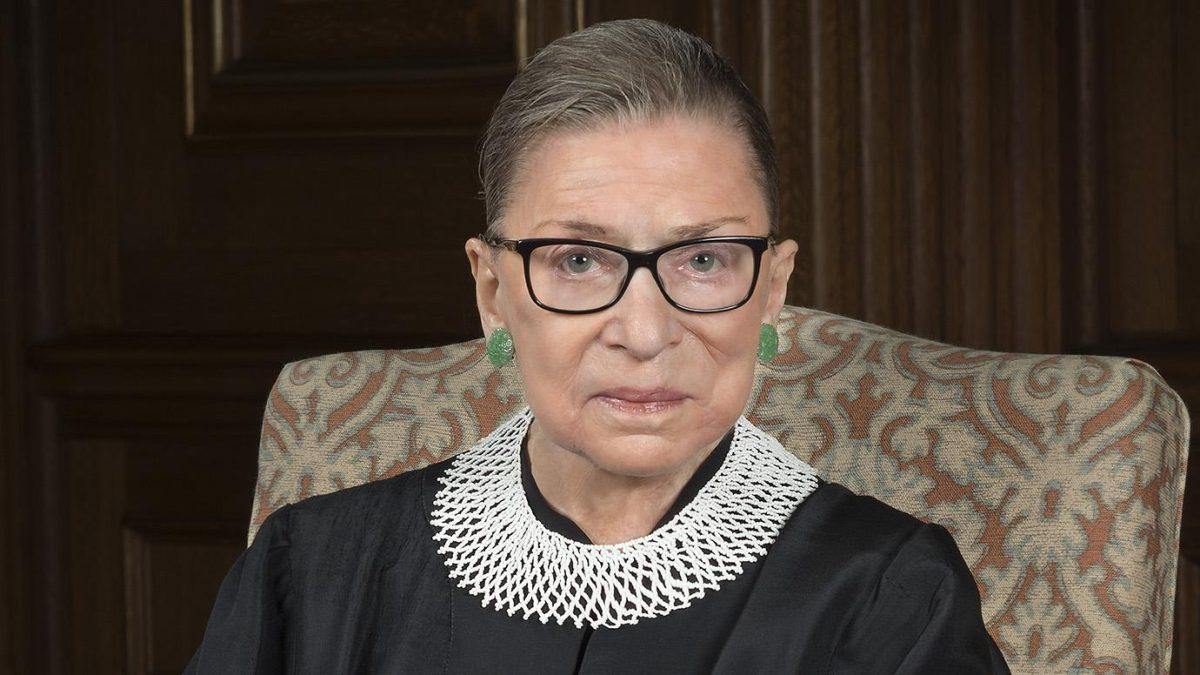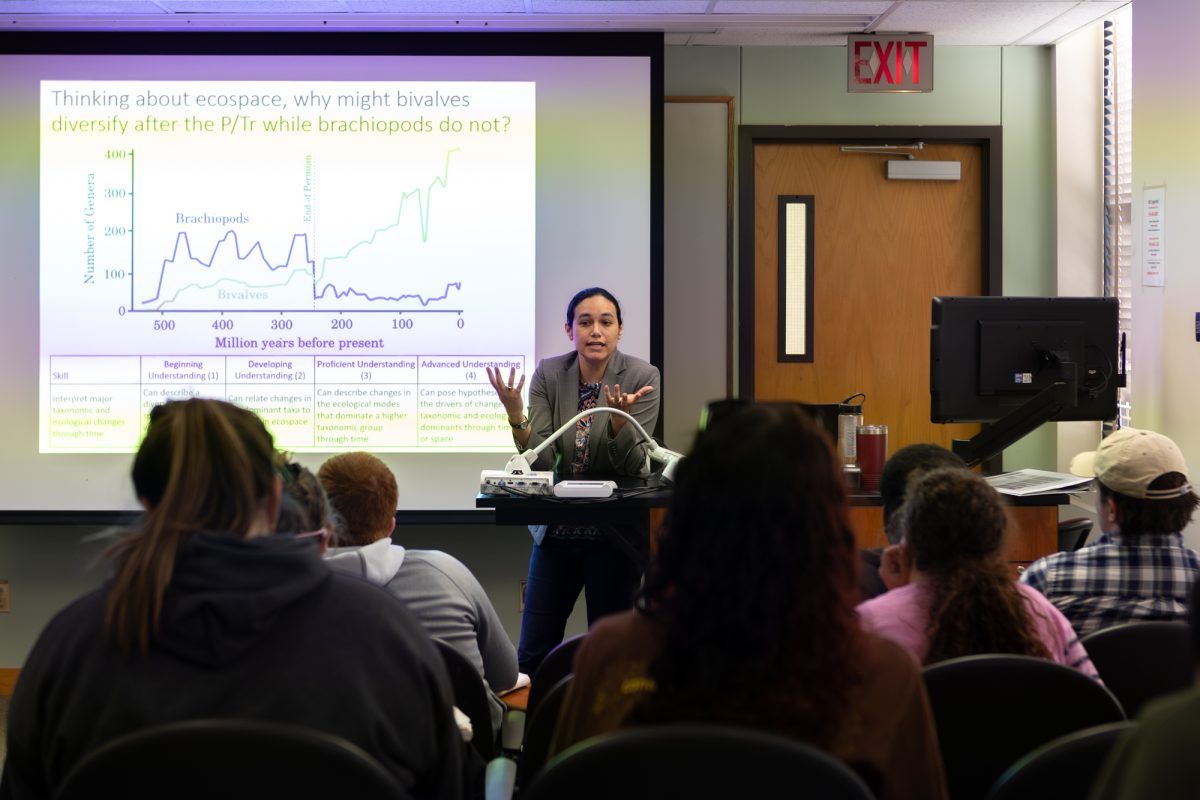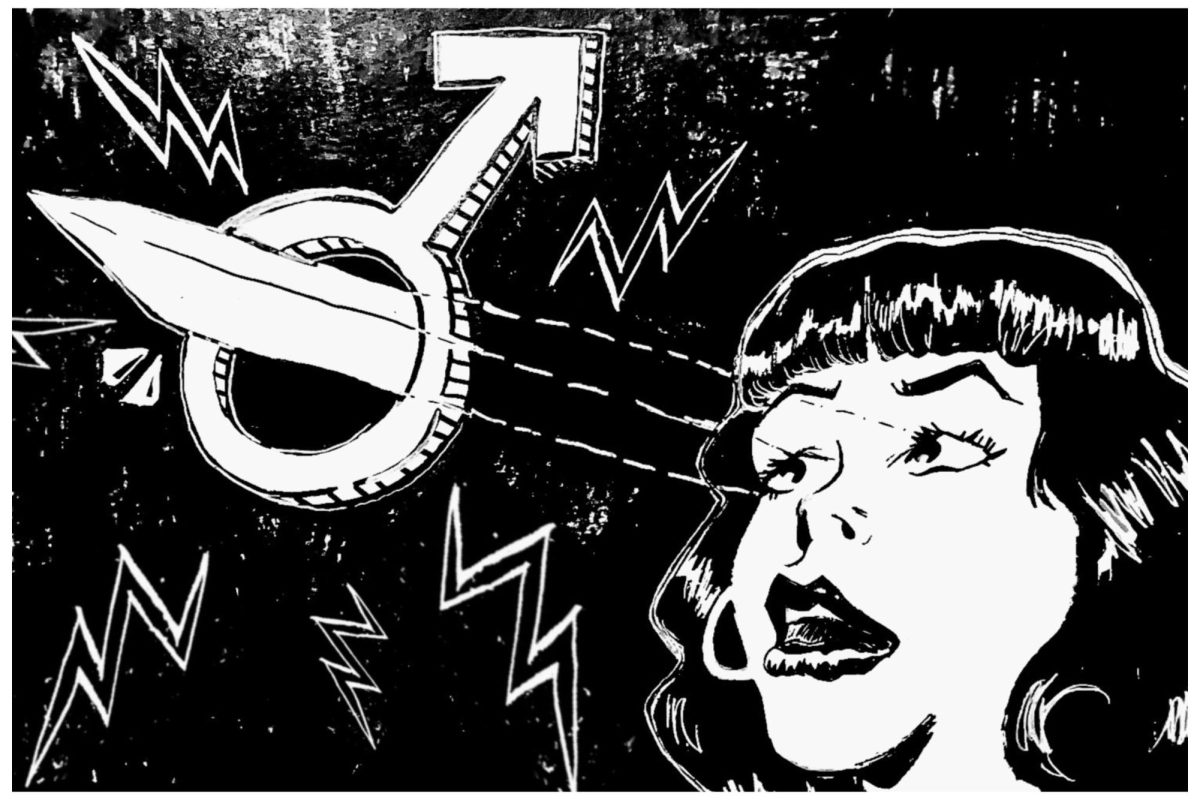On Sept. 18, America lost one of its greatest icons — Justice Ruth Bader Ginsburg. An ardent champion for women’s rights, many like President Bill Clinton lauded Ginsburg as the “Thurgood Marshall of gender equality law.” History will remember Ginsburg for defending women’s rights, but she also has a lesser-known history regarding racial justice.
Ginsburg dedicated much of her career as a lawyer to the ACLU’s Women’s Rights Project. However, some of her work overlapped with racial justice issues. For example, in 1973, Ginsburg and the other Women’s Rights Project cofounder, Brenda Fiegen, represented Nial Ruth Cox in a federal lawsuit. Cox was a Black woman who was forcibly sterilized by a state-run eugenics program in North Carolina and sought to declare the program unconstitutional. While the court declared the case moot since the program was no longer in effect, the Cox case displays how Ginsburg’s advocacy for women simultaneously affected people of color.
Similarly, in 1977, Ginsburg co-authored an amicus brief for the Supreme Court case Coker v. Georgia opposing the death penalty in sexual assault cases. Ginsburg argued that courts disproportionately applied capital punishment to Black men raping white women. Moreover, she asserted this policy treated women as property and painted Black men as threats to society. The Supreme Court ultimately did not include Ginsburg’s arguments revolving around race in their decision. However, the amicus brief displays Ginsburg’s willingness to defend men and women of color equally.
Although she advocated for racial equality as a lawyer, Ginsburg had a more significant effect as a Supreme Court justice. Most notably, she defended the Voting Rights Act, or VRA, of 1965 in the 2013 Supreme Court Case Shelby County v. Holder. The court voted 5-4 to remove independent oversight for states with a history of suppressing minorities’ votes.
In her dissent, she pointed to a 1927 Texas law barring Black people from voting in primaries. While it was struck down, Texas “reenacted” the law with minor alterations in 1944. Ginsburg made evident the struggle for equal voting rights is ongoing, and some states will continually attempt to prevent racial minorities from voting.
In the 2018 Georgia gubernatorial race, the Associated Press reported then-Secretary of State Brian Kemp’s exact match verification process left 53,000 voters with a pending status. Almost 70 percent of those voters were Black even though they make up about a third of the state’s population. In retrospect, Ginsburg was right in arguing the VRA is a necessary step in protecting racial minorities’ suffrage.
However, while Ginsburg has a rich history of defending racial equality, she has also made some missteps. When Colin Kaepernick refused to stand for the national anthem at NFL games, Ginsburg said the protests were “dumb and disrespectful.” While she subsequently apologized, Ginsburg’s “dismissive and harsh” comments displayed a lack of tacit knowledge regarding race in America.
What is most disappointing about Ginsburg’s record on race is that she mostly confined it to advocacy. Ginsburg significantly advanced women’s rights in several substantive ways. In contrast, the Cox case, amicus brief and VRA rollback indicate Ginsburg was less influential in promoting racial equality. However, her shortcomings do not define her legacy on race relations in America.
Ginsburg cited Justice Hughs in 1936 when she said her advocacy would hopefully reach “the intelligence of a future day.” While Ginsburg may have been less influential on racial justice issues, her dissenting voice never ceased to defend Black, Latino and other oppressed Americans.
Ruth Bader Ginsburg may have passed on, but her legacy will continue to inspire many to fight for equality in every aspect of our lives. If anything, her record on race shows that change starts with advocacy. It is our job to honor her work and make America a better place for all marginalized groups.
Caleb Powell is a biomedical engineering sophomore and columnist for The Battalion.
RBG: Advocating for racial minorities
October 1, 2020
Photo by Creative Commons
Ruth Bader Ginsburg
Donate to The Battalion
Your donation will support the student journalists of Texas A&M University - College Station. Your contribution will allow us to purchase equipment and cover our annual website hosting costs.



























